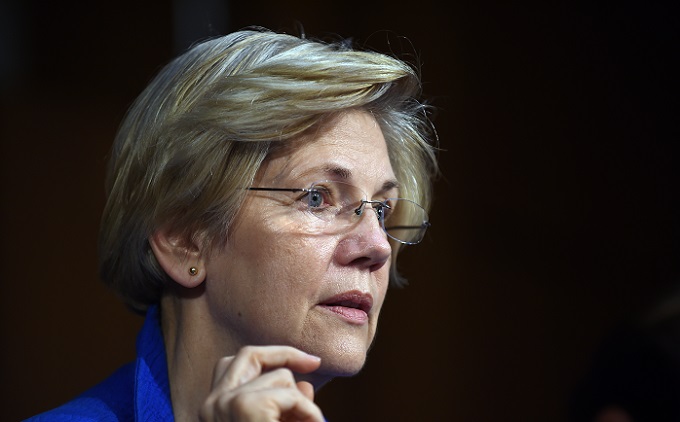The ECB found out what the Federal Reserve already knew
Let me know if this sounds familiar. Banks are struggling to cope with a crisis, so a central bank unveils an unprecedented program aimed at pumping money into the banks so those banks can lend money into the general economy. But after the central bank pumps billions of dollars into the banks, the banks use most of it to fund other endeavors instead of lending. The banks make out OK, but the economy continues to sputter. If you think this sounds like what the Federal Reserve with its TARP and other crisis era endeavors, you would be correct. But this story is about how the European Central Bank experienced the same result with the Targeted Longer-Term Refinancing Operations it launched in September of 2014. This news it troubling for a host of reasons, but the thing I find most fascinating is how central banks were lauded for their coordinated response to the financial crisis. And amid all the hand-wringing about moral hazard and Wall Street not learning from past mistakes, did all that central bank collaboration not include learning lessons from other central banks’ past mistakes?
Hi Jay, this is Liz
Jay Clayton, President Trump’s nominee to lead the SEC, was on Capitol Hill today for his confirmation hearing. Clayton comes from one of the top New York City law firms, Sullivan and Cromwell, and would have to recuse himself for a period of two years from any cases involving his previous clients or current clients of Sullivan and Cromwell. Sen. Elizabeth Warren, D-Mass., thinks this is a problem and she let Clayton know about it during his hearing.
Hi Carl, this is Liz
The always busy Sen. Warren also used Clayton’s confirmation hearing to sound off on the peculiar role billionaire Carl Icahn is being allowed to play in the Trump administration. Icahn remains an active market participant, while also advising the White House on regulatory policy. Usually, having someone shape the rules of the market while still being able to make investments in the market would present a classic case of conflict of interest. Usually.
The San Francisco Fed snipered the Financial CHOICE Act
Speaking of regulatory changes, Rep. Jeb Hensarling, R-Texas, is still championing the Financial CHOICE Act. Hensarling views the Financial CHOICE Act as a sort of replacement for Dodd-Frank. A key tenant of the bill is that banks could opt out of many of the rules related to Dodd-Frank by choosing to accept increased capital ratio requirements. Proponents say boosting capital ratios to 10% would give banks a big enough cushion to absorb market shocks and avoid future crises. However, this working paper from the Federal Reserve Bank of San Francisco says the relationship between capital ratios and financial crises is a bit more complex than that:
Higher capital ratios are unlikely to prevent a financial crisis. This is empirically true both for the entire history of advanced economies between 1870 and 2013 and for the post-WW2 period, and holds both within and between countries. We reach this startling conclusion using newly collected data on the liability side of banks’ balance sheets in 17 countries. … However, higher capital buffers have social benefits in terms of macro-stability: recoveries from financial crisis recessions are much quicker with higher bank capital.
So the next time you hear someone talking about how capital ratios are the cure for financial crises, just remember they work more as a rehabilitative antidote than a preventive vaccine.
Sam Seaborn=Nostradamus on privacy
Every time a story breaks about wire-tapping, email hacks and other privacy issues, I am always reminded of the brilliant prognostication from White House staffer Sam Seaborn.
“It’s not just about abortion, it’s about the next 20 years. In the ’20s and ’30s it was the role of government. ’50s and ’60s it was civil rights. The next two decades are going to be privacy. I’m talking about the Internet. I’m talking about cell phones. I’m talking about health records and who’s gay and who’s not. And moreover, in a country born on the will to be free, what could be more fundamental than this?”
Banks and tech companies have long been at the epicenter of consumers’ concerns about privacy. Now the two sectors are battling each other about who should be trusted with consumers’ financial data. Lost amid all the arguing is how the data doesn’t really belong to the consumer anymore. At least JPMorgan is trying to let consumers choose how and when their data is shared.
WYWW Appetizers
- Republicans delayed the House vote on the AHCA
- Citigroup shrank its London footprint
- Deutsche Bank planned to update its London footprint
- This cocaine bust got pretty Messi
- Yes, this is from last night and not today, but I am still fascinated by how the Mooch Watch continues
